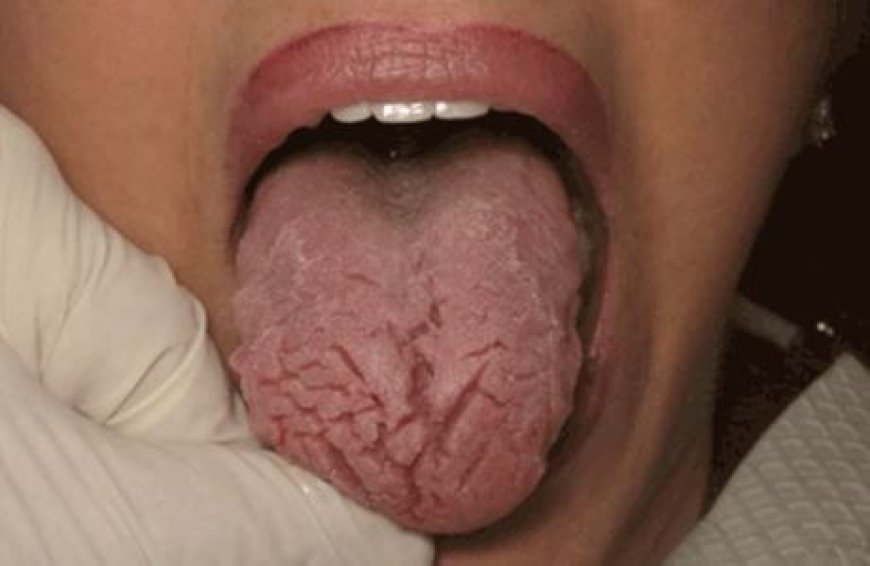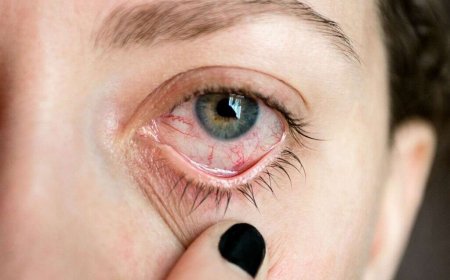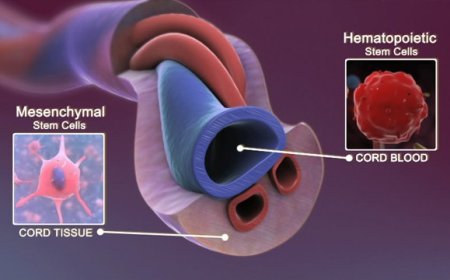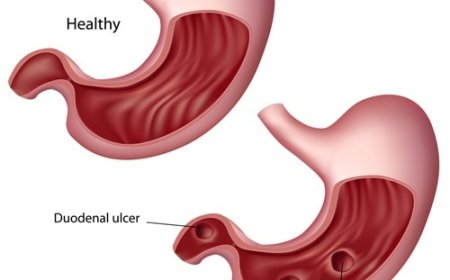Xerostomia

Introduction:
Imagine having a superhero power, like the ability to shoot water from your mouth! Sounds fun, right? But what if I told you some people face the opposite problem? They suffer from a condition called Xerostomia, which means having a very dry mouth. Today, we will learn all about Xerostomia and how it affects people in India.
Signs and Symptoms:
When someone has Xerostomia, their mouth becomes very dry. It's like a desert in there! They might have trouble speaking, eating, and even tasting food. Imagine trying to eat your favorite ice cream, but your mouth is so dry that you can't really enjoy it. People with Xerostomia might also have bad breath and be more prone to tooth decay and gum problems.
What is Xerostomia?
Xerostomia is a condition where the salivary glands in our mouth don't produce enough saliva. Saliva is like a superhero for our mouth because it helps us chew, swallow, and keep our teeth healthy.
How Is Xerostomia Classified?
Xerostomia can be classified as mild, moderate, or severe, depending on how dry the mouth is and how much it affects a person's daily life.
Causes and Triggers:
Xerostomia can happen for various reasons. Some common causes include certain medications, like those used for allergies or depression. Medical treatments like radiation therapy for cancer can also lead to dry mouth. Sometimes, Xerostomia can be triggered by anxiety or stress. In India, hot and dry weather can also contribute to dry mouth problems.
Risk Factors with examples:
Certain factors can increase the risk of developing Xerostomia. For example, older people are more prone to this condition. Let's say your grandparent takes medicine for their blood pressure, and they feel their mouth getting dry. That could be due to the medication they are taking. Another risk factor is smoking or chewing tobacco. So, it's better to stay away from these habits.
Types of Xerostomia with detailing for each type:
-
Medication-Induced Xerostomia: As mentioned earlier, some medicines can make the mouth dry. It's like the medicine accidentally turns off the mouth's water tap.
-
Radiation-Induced Xerostomia: When someone has cancer and needs radiation therapy, the radiation can affect the salivary glands and make the mouth dry.
-
Chronic Xerostomia: Sometimes, people have a constant dry mouth, which doesn't go away easily. This can happen due to health conditions like Sjogren's syndrome.
Diagnostic tests and treatments:
To find out if someone has Xerostomia, doctors might do a few tests:
-
Saliva Flow Test: This is like measuring how much water your mouth can produce in a minute. It's simple and painless. You just have to spit into a tube!
-
Imaging Tests: Doctors might also use special machines to see if the salivary glands are working properly.
Treatment:
Treating Xerostomia depends on its cause and severity:
-
Changing Medications: If a particular medicine is causing dry mouth, the doctor might switch it to a different one.
-
Artificial Saliva: People can use special mouthwashes or gels that act like superhero saliva, keeping the mouth moist.
-
Staying Hydrated: Drinking plenty of water can help fight the dryness.
Complications of Xerostomia and prevention techniques:
If Xerostomia isn't treated, it can lead to problems like tooth decay and gum diseases. To prevent this:
-
Brush and floss regularly: Good oral hygiene is essential.
-
Avoid sugary foods and drinks: They can harm teeth more easily when the mouth is dry.
-
Visit the dentist: Regular dental check-ups can catch problems early.
Xerostomia can be a tricky villain, but with the right knowledge and superhero strategies, we can keep it under control. So, let's stay hydrated, take care of our oral health, and keep our mouths happy and healthy!
What's Your Reaction?
 Like
0
Like
0
 Dislike
0
Dislike
0
 Love
0
Love
0
 Funny
0
Funny
0
 Angry
0
Angry
0
 Sad
0
Sad
0
 Wow
0
Wow
0








































































